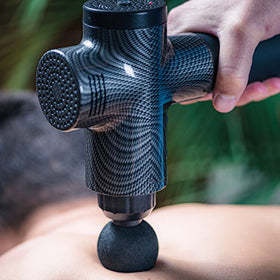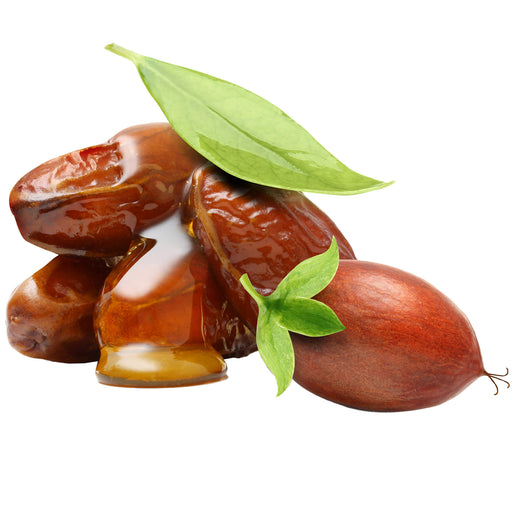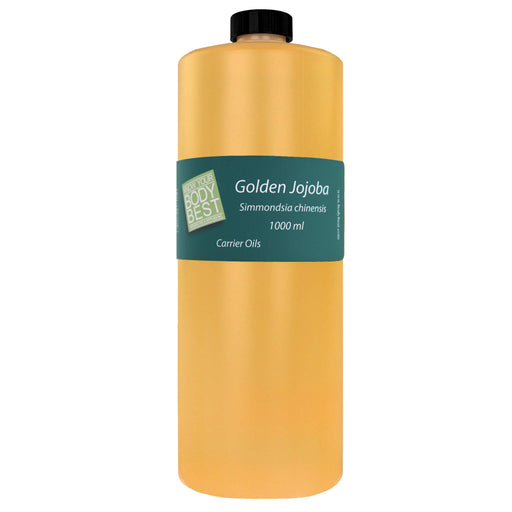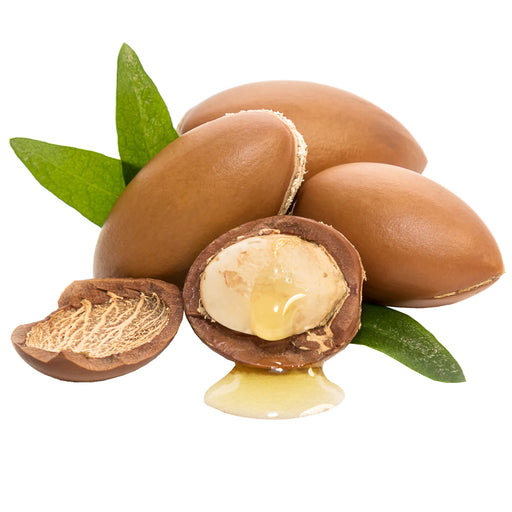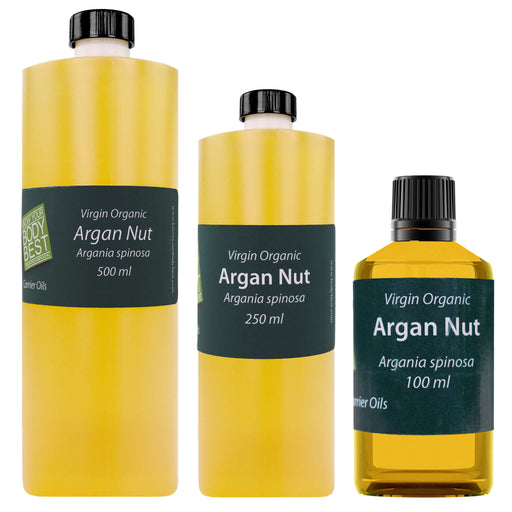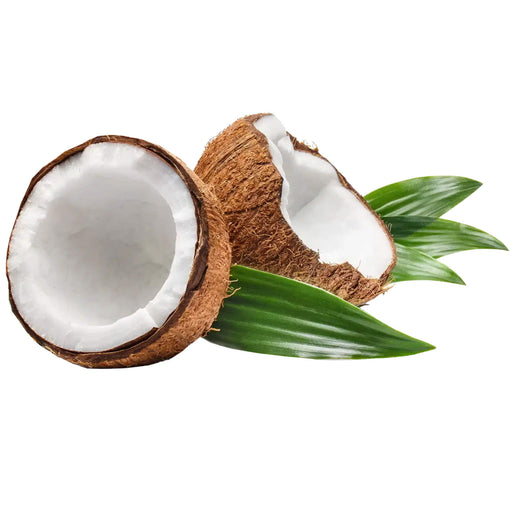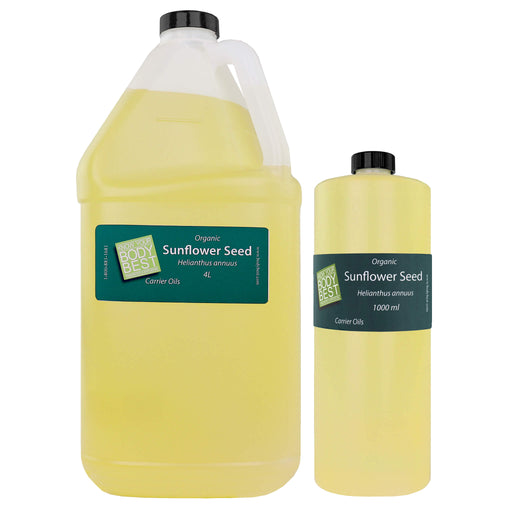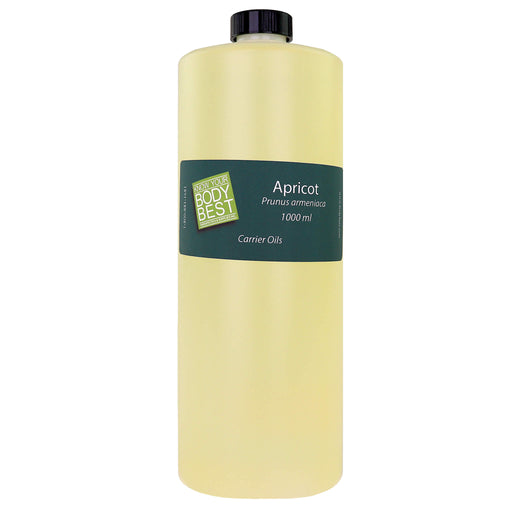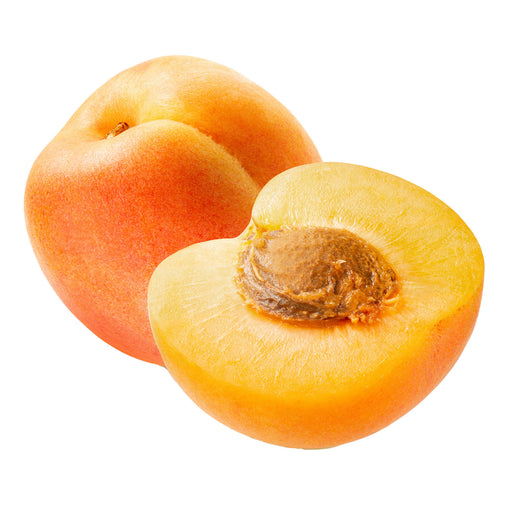over $250.00

Slide and Glide: The Science of Massage Oils
Whether they are extracted from plants or minerals, the inherent slipperiness of oils makes them ideal lubricants for massage therapy. The "slide" of a particular oil reduces friction of skin against skin, allowing the therapist to apply varying degrees of pressure without causing discomfort to the client.
But what is the physical factor that makes oils so slippery?
Oils belong to a group of substances known as lipids. Other lipids include waxes, fats, sterols, fat-soluble vitamins (notably A, D, E, and K), monoglycerides, diglycerides, phospholipids, and so on.
Oils are composed of molecules with long hydrocarbon chains. These chains repel water (they are "hydrophobic"), creating a barrier that reduces friction between surfaces. The long, unbranched structure of these molecules allows them to slide past each other easily.
Because of their hydrophobic nature, oils (famously) do not mix well with water. This property is essential for creating a lubricating effect because it prevents the oil from being easily washed away by water, allowing it to stay on the skin and maintain its slippery quality.
Carrier Oils
Plant oils that are extracted by grinding or crushing (AKA cold pressing) are known as carrier oils. Think of the process of making pure peanut butter: Raw peanuts are ground into a fine paste. If left in storage, eventually the solids collect at the bottom, and the oil rises to the surface. Many plants produce useful nuts and seeds for oil extraction.
In many cases the manufacturing process is more or less as simple as making peanut butter. Some oils (like corn oil) are separated using solvents, which are then evaporated off and reused.
As the name implies, carrier oils are useful as base oils, into which one could mix emollients, essential oils, plant extracts, or other ingredients. The bulk of the Massage Oils we carry start with one or more base oil with materials blended in to achieve particular qualities.
Oils typically have a higher viscosity than water. Viscosity refers to a fluid's resistance to flow. The higher the viscosity, the thicker the fluid. This thickness contributes to the slippery feel as the oil forms a lubricating layer on the skin.
Lighter oils, like grapeseed oil, are better suited for high-friction massages. A deep tissue or sports massage needs enough pressure to provide relief, but less slipping. Thicker oils like jojoba oil or coconut oil are also extremely popular.
Mineral Oil
Mineral oil is manufactured rather than harvested. Rather than being plant based, it is a byproduct of petrochemical processing. Unlike many of the plant based oils, mineral oil tends not to stain linens, and it's easy to wash off skin. While it is a very useful lubricant for massage therapy, it lacks the enriching vitamins found naturally in plant based oils.
Massage Oils, Ranked:
Generally, carrier oils used in massage therapy can be classified from thinnest to thickest based on their viscosity. That said, they can vary due to the extraction process and other factors. Here's a list of some common massage carrier oils:
- Grapeseed Oil: Grapeseed oil is very thin and light, making it easily absorbed into the skin. It has a non-greasy texture and is suitable for all skin types, including oily and acne-prone skin. Its light texture makes it well suited for deep tissue massage and some sports therapy. It is produced by literally grinding the seeds of grapes grown for winemaking and juice production.
- Sweet Almond Oil: Sweet almond oil is lightweight and absorbs easily into the skin. It is rich in vitamin E and other nutrients, making it nourishing for the skin. Sweet almond oil is suitable for most skin types - and most body types.
- Fractionated Coconut Oil: Fractionated coconut oil is a lightweight oil that remains liquid at room temperature due to the removal of long-chain fatty acids. It has a non-greasy texture and is easily absorbed by the skin. Fractionation involves heating the oil to separate the different components based on their melting points. Coconut oil is composed of various types of fatty acids, including long-chain fatty acids and medium-chain fatty acids. Fractionation separates these fatty acids based on their chain length.
- Jojoba Oil: Jojoba oil has a texture similar to the natural oils produced by the skin, making it highly compatible with the skin. It is lightweight and absorbs well, leaving a non-greasy feeling. Jojoba oil is suitable for all skin types, including sensitive skin.
- Camelia Seed Oil: Camelia seed oil is very rich in mono-saturated essential fatty acids. Camellia oil contains vitamins A, B, and E and various minerals: phosphorus, zinc, calcium, iron, manganese, and magnesium. Camellia seed oil is an excellent emollient and wonderful skin moisturiser.
- Apricot Kernel Oil: Apricot kernel oil is thin and light, making it easily absorbed into the skin without leaving a greasy residue. It is rich in vitamins and antioxidants, making it beneficial for the skin. It is excellent for basic Swedish massage treatments.
- Argan Nut Oil: Argan Nut Oil is known for its amazing benefits for skin and hair. Rich in vitamin E and essential fatty acids, the oil also has high antioxidant properties. It is a great choice for massage therapy as it rejuvenates and soothes the skin.
- Sunflower Oil: Sunflower oil is relatively thin and absorbs well into the skin. It is rich in vitamins and antioxidants, making it nourishing for the skin. Sunflower oil is suitable for most skin types. Read more about the benefits of sunflower oil for skin.
- Avocado Oil: Avocado oil is a very stable emollient that contains more than 20% essential unsaturated fatty acids. The unprocessed oil contains nearly all vitamins in significant amounts. Its thickness produces a very luxurious-feeling massage.
At the end of the day, raw oils tend not to be cheap to work with. That said, we find more and more therapists are returning to raw massage oils in a kind of "back to basics" approach. These oils are great to work with and kind to the therapist's skin.
Featured collection
-
Original price $14.99 - Original price $59.99Original price$14.99 - $59.99$14.99 - $59.99Current price $14.99
Golden Jojoba Oil
BodyBestIn stockUses and Benefits of Golden Jojoba Oil Golden Jojoba Oil is one of the best massage oils as it can be used for both scalp and body. It is deeply mo...
View full detailsOriginal price $14.99 - Original price $59.99Original price$14.99 - $59.99$14.99 - $59.99Current price $14.99 -
Original price $29.99 - Original price $69.99Original price$29.99 - $69.99$29.99 - $69.99Current price $29.99
Virgin Organic Argan Nut Oil
BodyBestIn stockUses and Benefits of Virgin Organic Argan Nut Oil Virgin Organic Argan Nut Oil is known for its amazing benefits for skin and hair. Rich in vitamin...
View full detailsOriginal price $29.99 - Original price $69.99Original price$29.99 - $69.99$29.99 - $69.99Current price $29.99 -
Original price $23.99 - Original price $94.99Original price$23.99 - $94.99$23.99 - $94.99Current price $23.99
Coconut Oil Cold Pressed Unfractionated
BodyBestLow stockBenefits of Body Best Cold Pressed Unfractionated Coconut Oil Body Best Cold Pressed Virgin Coconut Oil has wonderful healing properties for your b...
View full detailsOriginal price $23.99 - Original price $94.99Original price$23.99 - $94.99$23.99 - $94.99Current price $23.99 -
Original price $29.99 - Original price $99.99Original price$29.99 - $99.99$29.99 - $99.99Current price $29.99
Organic Sunflower Seed Massage Oil
BodyBestIn stockUses and Benefits of Sunflower Seed Massage Oil Body Best Sunflower Seed Massage Oil is organic, lightweight and replenishing. It is popularly used...
View full detailsOriginal price $29.99 - Original price $99.99Original price$29.99 - $99.99$29.99 - $99.99Current price $29.99 -
Original price $29.99 - Original price $29.99Original price$29.99$29.99 - $29.99Current price $29.99
Apricot Oil Cold Pressed 1L
BodyBestIn stockUses and Benefits of Cold Pressed Apricot Oil Apricot Oil Cold Pressed by BodyBest is ideal for body and head massages. Also known as Apricot Kerne...
View full detailsOriginal price $29.99 - Original price $29.99Original price$29.99$29.99 - $29.99Current price $29.99
